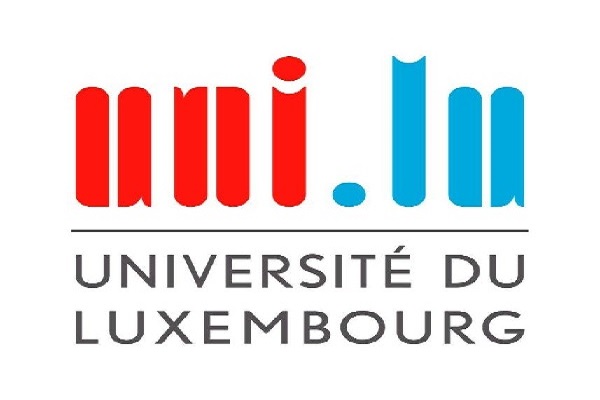
Researchers from the University of Luxembourg and the Centre for European Economic Research (ZEW), Mannheim, have conducted a study on scientific misconduct and its effects on prior collaborators.
The researchers involved in the study “Guilt by Association: How Scientific Misconduct Harms Prior Collaborators” have warned that scientists should choose their associates carefully, since future misconduct by colleagues could seriously impact the reputation of their former collaborators.
While there has always been anecdotal evidence of this being the case, the study by Professor Katrin Hussinger (University of Luxembourg) and Dr Maikel Pellens (ZEW, Mannheim and KU Leuven, Belgium) now provides empirical evidence. “Guilt by Association: How Scientific Misconduct Harms Prior Collaborators” was based on the U.S. Office of Research Integrity’s 1993 to 2008 misconduct filings. A group of 856 prior research collaborators of the fraudulent scientists was identified by using publication records dating back five years before the case of misconduct. Only cases where a retraction or correction of the research processed for scientific misconduct was published were taken into account.
Compared to a control group, the results showed an average drop in citations of 8 to 9 percent for previous colleagues. Citations play an important role in science as they show the impact of research in the scientific community. Researchers with a high citation count are usually also more successful in attracting funding and receive more lucrative job offers. The reduced citation count could therefore have significant implications for their career.
“The results of the study are worrisome,” explained Professor Hussinger. “Our research shows that guilt by association stretches back to projects prior to the fraud case and thereby to unsuspecting and uninvolved co-workers.”
While stigmatisation by association has been observed in different settings and contexts, the results from the field of academia are problematic in their own ways, according to Professor Hussinger: “Trust is a crucial aspect of communicating science and conveying research results to the public. The ripple effects of one misconduct case can put at risk the reputation of a much larger group of scientists and even institutions.”
Although the researchers cannot provide a simple solution to the issue, guilt by association should be treated seriously, Professor Hussinger and Dr Pellens have argued. The former concluded that an unwanted implication could be the underreporting of actual fraud causes.








